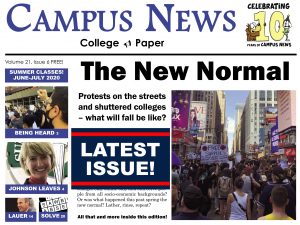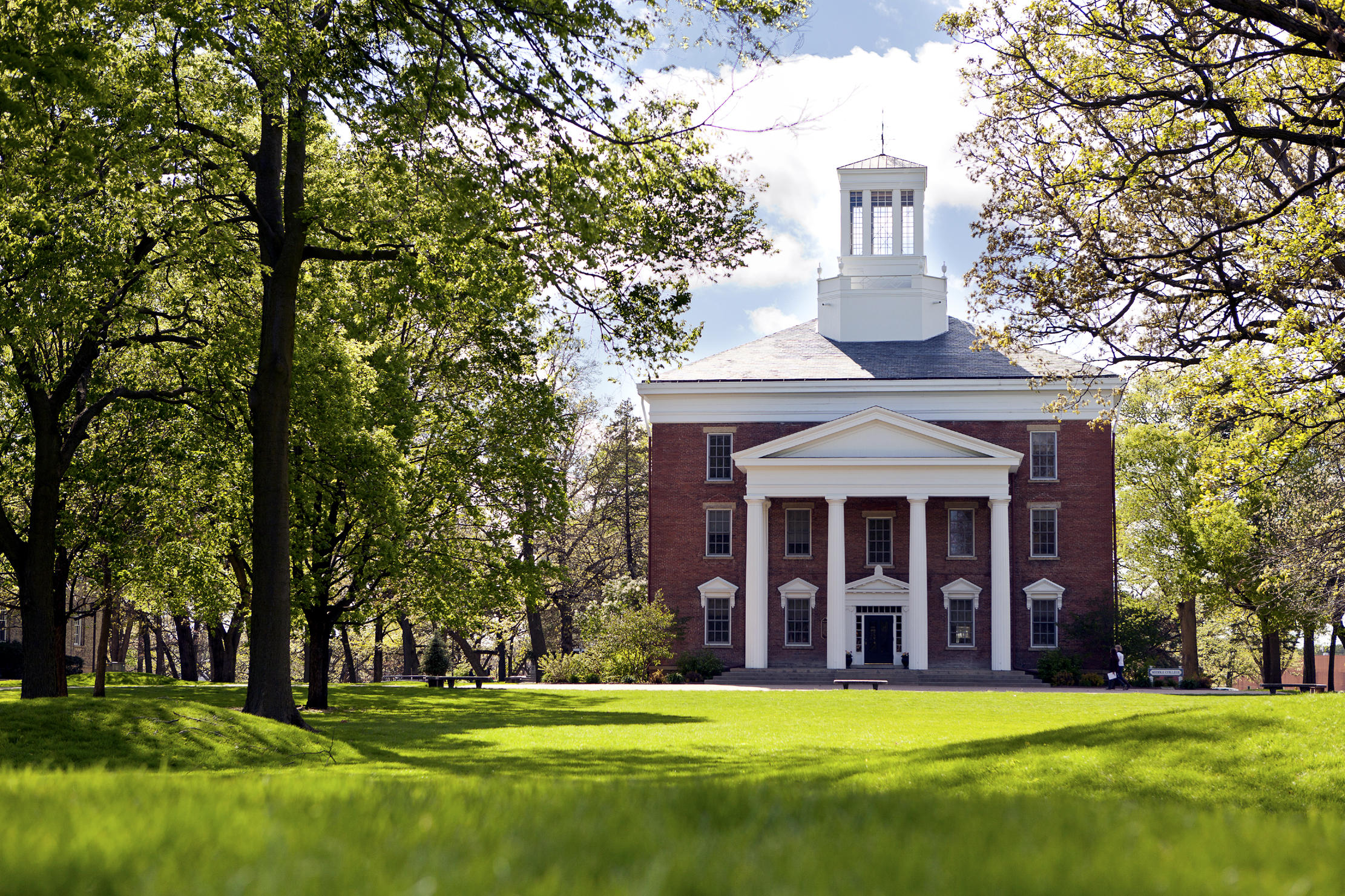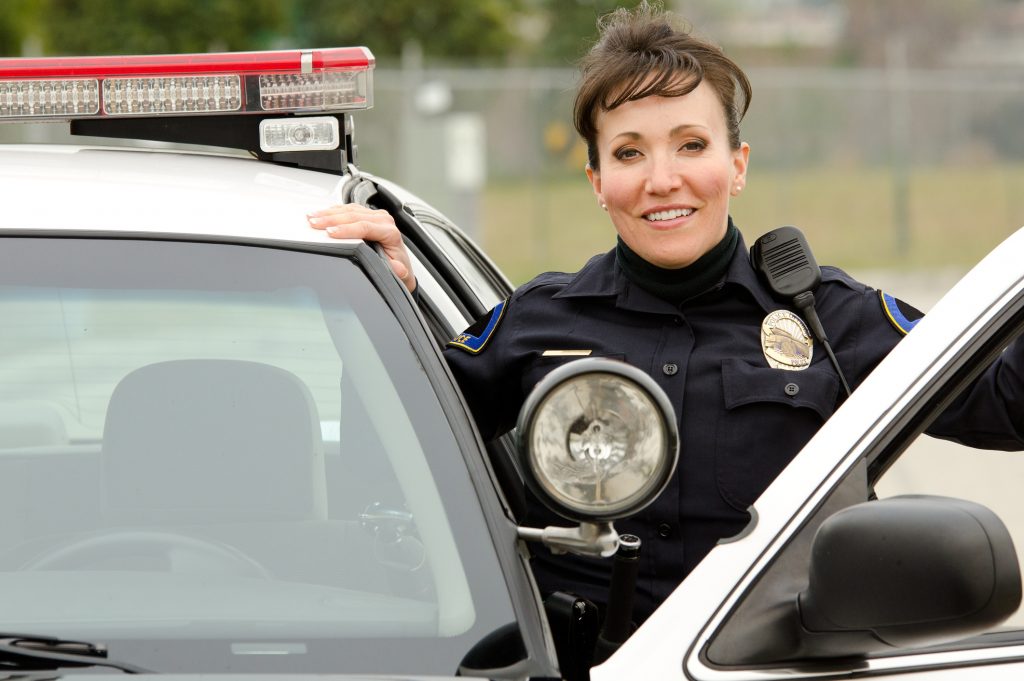By Darren Johnson
Campus News
Over the course of this current COVID-19 crisis, I've been reading myriad reports on what campuses could look like this fall, and have spoken to many college administrators.
One of my more interesting conversations was with Beloit College Provost Eric Boynton. Beloit is a small, private liberal arts college in Wisconsin, and their plan could be a blueprint for other small colleges.
And the stakes are high: Most small private colleges rely heavily on tuition revenue, and as many as 57% of students are reporting they may not continue their education at the same college if classes aren't live this fall. Without the right game plan, a small private college may go out of business.

While other colleges are also determined to reopen, health experts have admitted that a second wave of COVID-19 could happen this fall – putting millions of students’ health at risk.
Beloit College has implemented its own groundbreaking plan. The semester will start later than normal, and students will not take a traditional four-course semester. Instead, the semester will be split in half: students will take two courses in the first seven weeks and two more after that.
This unique model offers more flexibility to students and minimizes disruption if a change between in-person and remote instruction has to happen mid-semester. The new plan only took days to implement with 100% staff and faculty buy-in and 20 others colleges are looking to implement a similar plan, according to a spokesperson. Depending on its success, Beloit College may make the change permanent. Below is my conversation with Beloit College Provost Eric Boynton.
CAMPUS NEWS: I heard from your PR firm that you guys are doing something completely different and I am trying to gauge what colleges are going to be doing in the fall. So, Beloit College is going to start later. What’s the formal first day of classes now?
BOYNTON: September eighth is the first day of the fall semester. It would have been August twenty fourth, so it is now two weeks later.
CAMPUS NEWS: I also heard that you are going to be splitting your courses into two different sections. How will that work?
BOYNTON: We are going to be breaking the semester up into two modules, so you have two full courses in these modules, and that by the end of the semester you are in the same spot that you would have been otherwise with four units under your belt.
CAMPUS NEWS: Don’t some students take five or six courses?
BOYNTON: No, I would not go that far. There is a limit to how many courses you can take above the four. To be a considered a full-time student you have to take at least three. The limit would be four and a half per semester.
CAMPUS NEWS: I am assuming you did this in case you have to pivot and if half the semester goes online, it will be pretty seamless. Is that the ultimate goal?
BOYNTON: What we want to do is find a way to maximize flexibility and minimize disruptions and in this moment of everything being out of our control we realize the only two things in our control are the calendar (start date) and the mode of our curriculum delivery, so we decided to drill down on those two things. We are starting as late as we can, but how can we deliver curriculum? It provides a hinge within the semester. If there is a point at which we have to go online for the first one because COVID is burning through the summer and the disruption is mitigated because instead of one-sixteenth of a person’s career being disrupted by not being on campus, it would be one thirty-second, so we provide that kind of flexibility.
CAMPUS NEWS: Can modules be moved around if the DOE makes colleges shut down?
BOYNTON: If COVID becomes is a real problem and DOE makes colleges finish teaching next year, modules can be moved from fall to spring… If it is really a disaster, we can run all four modules from January into the middle of summer. We are also finding at Beloit and across the country that it is really hard for students and faculty to manage four online courses simultaneously. The places that do this for a living – institutions that are rooted in online learning, they don’t do this at all. They have a series of eight week courses over the year because they realize how oddly taxing online learning can be.
CAMPUS NEWS: You are hoping to start off with live courses, correct? So, students will meet eight hours per week, per class as opposed to four hours. Is that how it typically works?
BOYNTON: It’s two and a half hours, so the minimum would be two and a half hours of class time per week per class, so it would go up to five hours per week in a normal semester. Some courses would need more time, like lab, arts, dance and certain theatre courses would need extra time.
CAMPUS NEWS: Tell me more about the modules and how they will help make transitioning smoother.
BOYNTON: What’s interesting about the module form is that it allows for greater flexibility and pedagogy… It’s a brilliant plan for online or face to face learning because we can find ways to make sure we are not putting people at risk.
CAMPUS NEWS: Will all professors have an online component of their class to be cautious?
BOYNTON: Yes, that is a scenario as well. Also, even if we are face to face, we know that about twenty percent of our students will not be on campus. International students can’t get visas and there are certain domestic students who are in a situation where they don’t feel like they can come to campus, but they are still our students, so we need to make sure that we have online offerings for those constituents as well.
CAMPUS NEWS: Are the faculty on board with this new module procedure?
BOYNTON: The president and I had came up with this and had a meeting at the height of the COVID triage. We were making one decision after another and everything was happening so fast… I did not think we were doing enough, and that’s where we pitched the plan.
CAMPUS NEWS: I used to teach a great deal and would almost prefer to teach in this model, as it allows professors to meet with students more intensively, as opposed to superficially. Do you know of any other schools doing something similar, or have you shared this idea yet?

BOYNTON: I get two or three phone calls a day from provost peers, so there are a lot of colleges looking to do something similar…The places that can do this are smaller institutions. Larger institutions have their own limits and possibilities that smaller institutions do not.
CAMPUS NEWS: How does enrollment look for the fall semester? Is it on pace?
BOYNTON: The world is upside down, so it is difficult to see what’s going down. We can’t even look at the numbers from last year because it is like apples and oranges. Like many of our peers we pushed the May deposit deadline to June first. We are attracting fine even though it does not look like last year, but this is not last year. We are expecting to come in with a decent sized class, but if you ask me again in two weeks my answer could change, and two weeks after that I would also give you a different answer.
CAMPUS NEWS: Are you offering summer classes now?
BOYNTON: Yes, we actually do. The interesting thing is that they are enrolled far beyond any other summer, which is an interesting data point. Students are looking ahead at their summers and they see this abyss of summer…there’s a thirst for classes.
CAMPUS NEWS: I am hearing that from community colleges as well. Their summer enrollment has been pretty high, so I guess people are closer to home and looking for something to keep them busy.
BOYNTON: We also recognize that people are probably not going to go as far these days. So we want to demonstrate that Beloit is a crown jewel right in your backyard.
CAMPUS NEWS: This model is something that could turn into a permanent thing and it sounds very innovative. Are faculty who are not as technologically adept getting training?
BOYNTON: Yes, and that already happened. We got thrown into the deep end two months ago, right? If there’s a member of the faculty who is new to the technology, we assign them a trainer specifically for this online learning environment.
CAMPUS NEWS: Did your college go to pass/fail this past semester?
BOYNTON: Yes. Well, we actually gave the students the option. All courses will remain graded, so it is not an automatic pass/fail, but the student had the option to go pass/fail up until the final day of classes.
CAMPUS NEWS: What do you think campus life will look like in the fall?
BOYNTON: We are now looking at a plan called Smarter Together, which gets us thinking about how we might live together. Can we teach classes with more than ten students? How will we organize the residence, dining halls, activities and sports? We need to develop really clever, smart, safe ways to go about those kinds of activities.
It seems Beloit College has a good grasp of the issues all colleges will be facing this fall, and, perhaps, beyond this fall, and has developed a flexible plan in the best interest of its students. The higher education world is certainly paying attention to their model and, if everything works out, perhaps the model can be adapted for other colleges. We wish Beloit College – and all colleges – the best of luck!








Facebook Comments